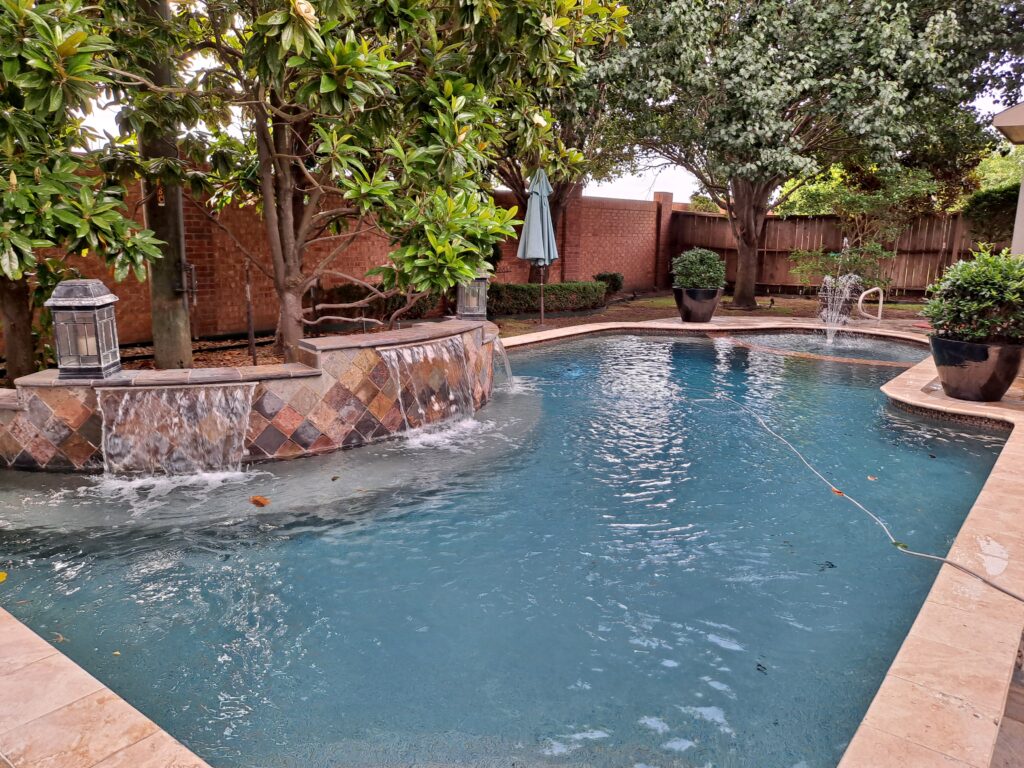There is nothing more refreshing than swimming in clean, cool pool water. What most people don’t know is that electrically charged swimming pools, spas, and boat docks kill people every year due to lack of maintenance.
Electrical Shock Drowning (ESD ) happens when an electrical ground fault leaks into water. Electrical currents as low as 10ma cause paralysis that result in drowning. (The electrical current for a 60 watt light bulb draws 500ma). In other words, a very small amount of electricity can incapacitate someone and cause them to drown. Even worse, because someone electrocuted cannot talk or swim, people sometimes jump into the water and also drown when trying to save them!
Since people cannot call out for help, ESD is known as “A Silent Killer.” Lives can be saved by being proactive about your home pool and boat dock. This article covers the 3 best practices for avoiding ESD in swimming pools.
1. Ground Fault Circuit Interrupters (GFCI)
GFCI’s protect against electrocution in your home and your swimming pool. They are required in kitchens, bathrooms, garages, utility rooms, and the exterior of homes. GFCI will trip in 1/40th of a second if an imbalance of power is detected, stopping the lethal electrical charge. This is why all pool equipment must be GFCI protected: the lights, pumps, motors, heaters, and anything hooked up to electricity within the distance of water splashing from the pool.
2. Stop the Music
Music adds beauty to our lives and is commonly played at the pool. However, a number of electrocutions are caused by electronic devices falling into the pool or spa. For example, lights can energize the water and electrocute someone even if they aren’t on. Keep all radios and power cords at least 5 feet away from the pool’s edge and connected to a GFCI receptacle for the best protection. Better yet, use only battery powered devices around the pool.
3. Stay Bonded for Life
All pool equipment should be properly bonded and grounded. Bonding means all the pool equipment is connected together. This includes the pool itself and parts like the fountain, waterfall, and ladders. Without bonding, if one piece becomes energized from a fault in the system, the electricity travels to any other object – including people. With bonding, the electricity travels to the grounding system. Grounding is when the equipment is electrically attached to the ground system. If there is a short in the system, it shuts off at the GFCI circuit breaker almost immediately.
Pools and spas become deadly when the electrical system wears out or was not properly installed. GFCI receptacles don’t last forever and rusted ground wires break or fail when rust/oxidation creates gaps so small they cannot be seen. Many pools never had GFCI originally installed -especially pools/spas 20 years and older. All pool/spa electrical should be inspected regularly and replaced as needed by a Licensed Professional Electrician who specializes in swimming pools. As a best practice, swimming pools 30 years and older should be inspected monthly.
Swimming pool electrical currents are a great concern as a Certified Swimming Pool Inspector. In my experience more than 50% of the pools/spas are lacking some electrical protection. Texas is also very concerned about this problem. That’s why TREC requires inspectors to inspect for grounding/bonding even when the swimming pool was excluded from the inspection. Safety always comes first! If you are concerned about the safety of your pool, have a Licensed Electrician inspect your pool for electrical safety on a regular basis. Have fun and stay safe this summer!

